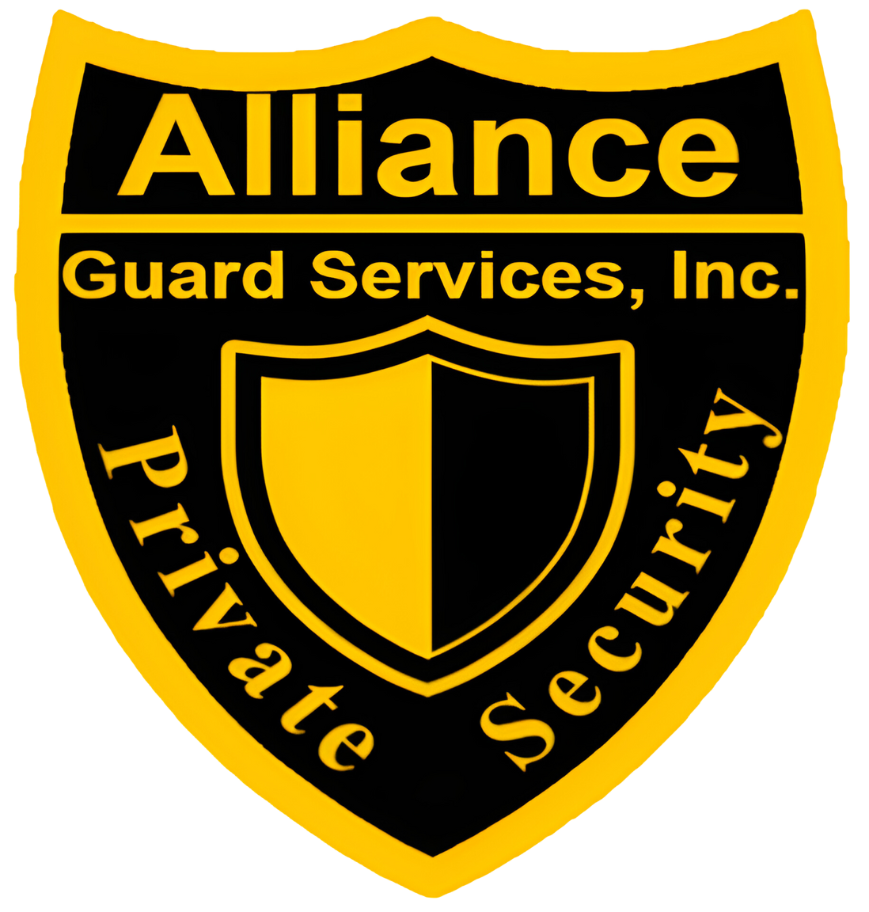What is Corporate Security?
Corporate security refers to the measures and practices implemented by organizations to protect their assets, resources, and personnel from various threats and risks. In today’s dynamic business environment, corporate security plays a critical role in safeguarding the interests and operations of companies across industries.
Introduction to Corporate Security
Corporate security encompasses a wide range of activities and initiatives aimed at mitigating risks and ensuring the safety and security of corporate assets, employees, customers, and stakeholders. From physical security measures to cybersecurity protocols, corporate security strategies are designed to address the diverse challenges faced by modern businesses.
Importance of Corporate Security
-
Protecting Assets and Resources
One of the primary objectives of corporate security is to protect the physical and intellectual assets of an organization. This includes tangible assets such as property, equipment, and inventory, as well as intangible assets such as proprietary information, trade secrets, and customer data. By implementing robust security measures, companies can minimize the risk of theft, vandalism, and unauthorized access to sensitive information.
-
Safeguarding Employees and Customers
In addition to protecting assets, corporate security also focuses on safeguarding the well-being of employees and customers. This involves creating a safe and secure work environment free from potential threats such as workplace violence, harassment, and external attacks. By prioritizing the safety of individuals within the organization, companies can foster a culture of trust and confidence among their workforce and customer base.
Components of Corporate Security
Corporate security encompasses various components that work together to mitigate risks and protect organizational interests.
-
Physical Security Measures
Physical security measures include safeguards such as access control systems, security cameras, perimeter fencing, and security personnel. These measures help prevent unauthorized access to corporate facilities, deter criminal activity, and provide a visible presence to deter potential threats.
-
Cybersecurity Measures
In an increasingly digital world, cybersecurity is a critical component of corporate security. Cybersecurity measures include firewalls, encryption, antivirus software, and intrusion detection systems designed to protect corporate networks, systems, and data from cyber threats such as malware, phishing attacks, and data breaches.
-
Personnel Security Practices
Personnel security practices involve screening, training, and monitoring employees to prevent insider threats and ensure compliance with security policies and procedures. Background checks, security clearances, and ongoing employee training programs help mitigate the risk of internal security breaches and unauthorized access to sensitive information.
Strategies for Effective Corporate Security Management
Effective corporate security management requires a proactive and comprehensive approach to identify and mitigate risks.
-
Risk Assessment and Management
Conducting regular risk assessments allows organizations to identify potential threats and vulnerabilities and prioritize security measures accordingly. By evaluating risks such as natural disasters, cybersecurity threats, and physical security risks, companies can develop proactive strategies to mitigate potential impacts.
-
Security Policies and Procedures
Establishing clear security policies and procedures provides guidelines for employees to follow and ensures consistency in security practices across the organization. Policies may include access control protocols, data handling procedures, incident response plans, and employee conduct guidelines to minimize security risks.
-
Employee Training and Awareness
Educating employees about security risks and best practices is essential for creating a security-conscious culture within the organization. Training programs should cover topics such as cybersecurity awareness, emergency response procedures, and reporting suspicious activity to empower employees to play an active role in corporate security efforts.
Role of Technology in Corporate Security
Technology plays a crucial role in enhancing corporate security capabilities and effectiveness.
-
Surveillance Systems
Security cameras and surveillance systems provide real-time monitoring of corporate facilities, deterring criminal activity and providing valuable evidence in the event of security incidents.
-
Access Control Systems
Access control systems restrict entry to corporate buildings and sensitive areas, ensuring that only authorized individuals have access to designated areas.
-
Threat Detection Software
Threat detection software analyzes network traffic and identifies potential cybersecurity threats such as malware, phishing attempts, and unauthorized access attempts, allowing companies to respond quickly and effectively to mitigate risks.
Outsourcing Corporate Security Services
Many companies choose to outsource their corporate security needs to specialized security providers.
-
Benefits of Outsourcing
Outsourcing security services offers several advantages, including access to specialized expertise, cost savings, scalability, and flexibility in adapting to changing security needs.
-
Considerations When Choosing a Security Provider
When selecting a security provider, companies should consider factors such as reputation, experience, certifications, and the ability to tailor services to meet specific requirements.
Conclusion
Corporate security is essential for protecting the assets, resources, and personnel of organizations from various threats and risks. By implementing comprehensive security measures, including physical security, cybersecurity, and personnel security practices, companies can mitigate risks and create a safe and secure environment for their operations.
FAQs
-
What are some common types of physical security measures used in corporate environments?
- Common physical security measures include access control systems, security cameras, perimeter fencing, and security personnel.
-
Why is cybersecurity important for corporate security?
- Cybersecurity is essential for protecting corporate networks, systems, and data from cyber threats such as malware, phishing attacks, and data breaches.
-
What role do employees play in corporate security?
- Employees play a crucial role in corporate security by following security policies and procedures, reporting suspicious activity, and participating in security training programs.
-
What are some potential risks that organizations face in terms of corporate security?
- Organizations may face risks such as physical security breaches, cyberattacks, insider threats, and natural disasters that can impact their operations and assets.
-
How can companies benefit from outsourcing their corporate security needs?
- Outsourcing security services offers benefits such as access to specialized expertise, cost savings, scalability, and flexibility in adapting to changing security needs.


